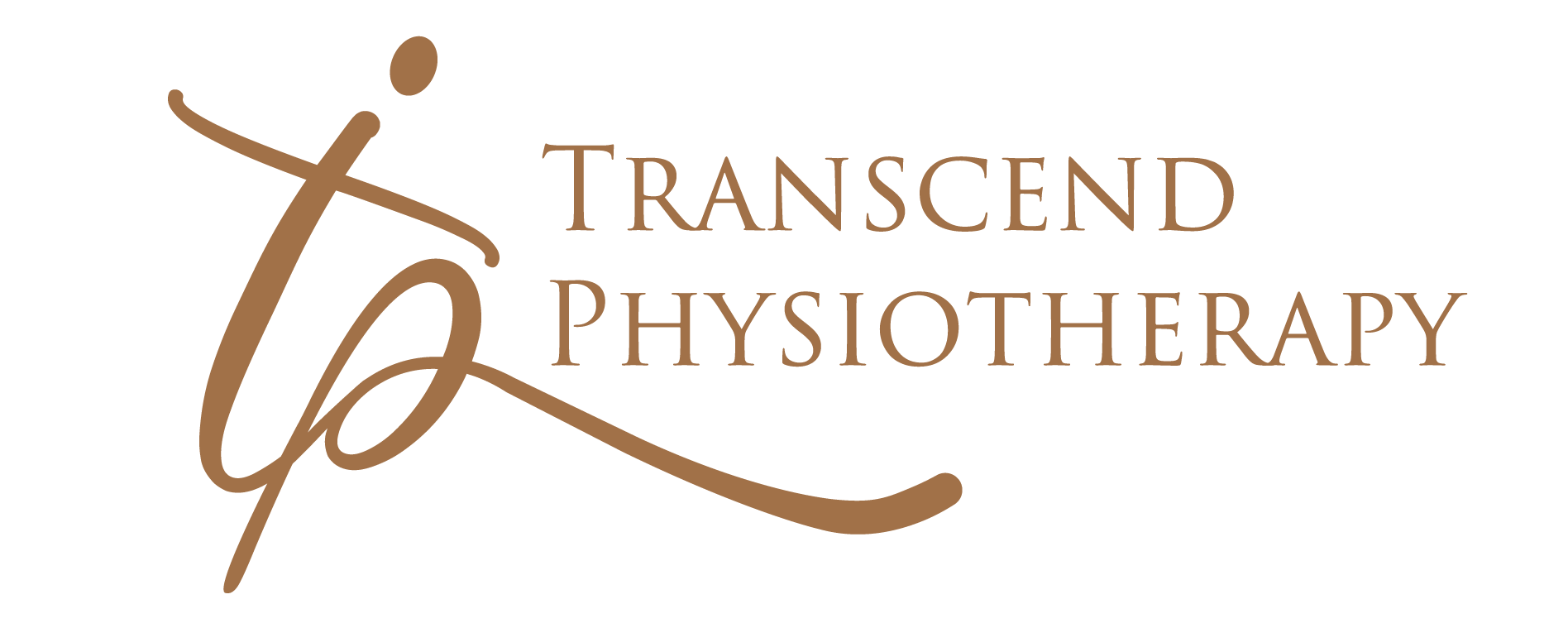
Stronger with Every Step: Redefining Recovery at Transcend
In today’s fast-paced world, the idea that “movement is medicine” is gaining more recognition, not just among healthcare professionals, but also among patients seeking faster and more effective recovery. Central to this philosophy is early physiotherapy, an approach that emphasizes beginning physical rehabilitation as soon as possible after injury, surgery, or the onset of a medical condition. But why does early physiotherapy matter so much, and how can it transform patient outcomes?
The Science Behind Early Intervention
Physiotherapy is more than just exercises and stretches. It is a scientifically backed, evidence-based practice that promotes healing, restores function, and reduces pain. Numerous studies have shown that initiating physiotherapy early, often within 24 to 72 hours after an injury or surgery, can significantly improve recovery time and prevent chronic complications.
When movement is reintroduced early, the body is stimulated to begin repairing itself. Muscles stay engaged, circulation improves, and the risk of stiffness or joint immobility is reduced. Early physiotherapy also plays a crucial role in pain management by encouraging natural endorphin release and preventing the cycle of de-conditioning that can prolong discomfort.
Preventing the Domino Effect
Delaying physiotherapy can set off a chain reaction of physical and emotional challenges. Prolonged immobility can lead to muscle atrophy, poor posture, joint degeneration, and even the development of secondary conditions such as back pain or compensatory injuries. Additionally, lack of movement can affect mental health, leading to feelings of frustration, depression, and a reduced sense of independence.
Early physiotherapy interrupts this domino effect by restoring confidence, improving function, and empowering patients to take an active role in their recovery. For elderly patients or those with chronic conditions, this early activation can mean the difference between regaining independence and facing long-term disability.
Real-World Impact
From orthopedic injuries and post-operative recovery to neurological conditions such as stroke or Parkinson’s disease, early physiotherapy has shown remarkable benefits. In sports medicine, athletes who begin rehab immediately after injury tend to return to play sooner and at a higher level of performance. In hospital settings, early mobilization reduces length of stay, speeds up discharge, and lowers healthcare costs.
Moreover, early intervention reduces the likelihood of needing more aggressive treatments such as surgery or long-term medication, further emphasizing its cost-effectiveness and health benefits.
Shifting the Mindset
Despite the clear advantages, many patients and even some healthcare providers delay physiotherapy out of fear of worsening the condition or believing that rest is the best cure. Education and awareness are key. Movement, when guided by trained professionals, is almost always safe, and often essential for recovery.
It’s time to shift the mindset from “rest and wait” to “move and heal.” Early physiotherapy doesn’t mean pushing the body beyond its limits; it means smart, guided, and gradual activation tailored to each patient’s unique needs.
Movement truly is medicine, and early physiotherapy is one of the most powerful prescriptions available. It accelerates healing, reduces pain, restores function, and helps patients reclaim their quality of life. In the journey of recovery, time is of the essence. The earlier we move, the sooner we heal.
